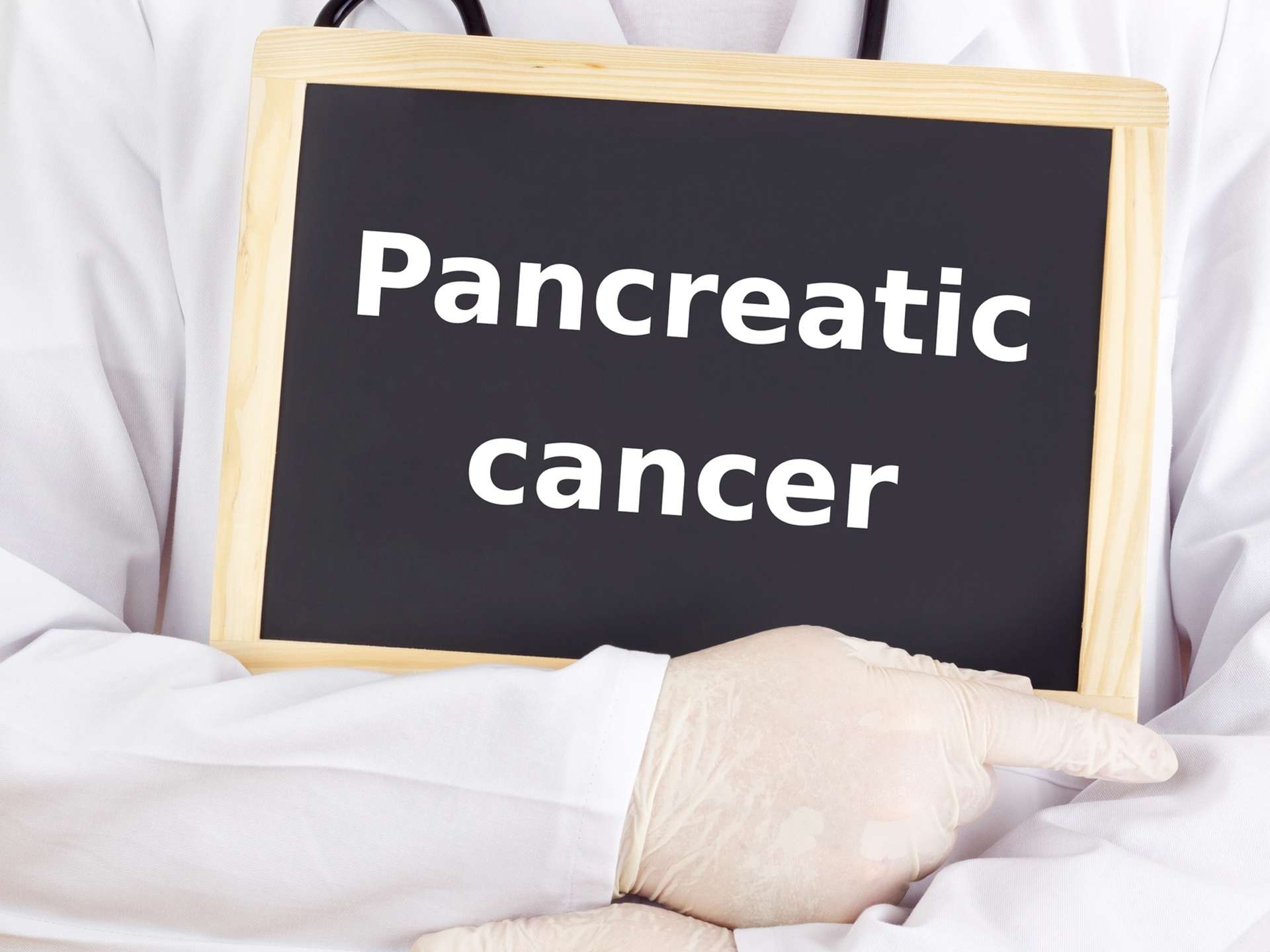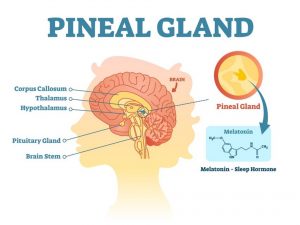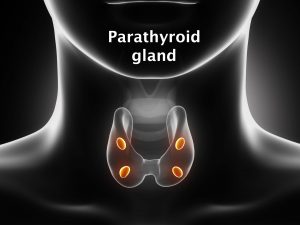Causative & risk factors
Like most other cancers, the exact cause of pancreatic cancer is not known. Cigarette smoking is a major risk factor. Other risk factors include obesity, belonging to African-American race and familial tendencies. Pancreatic cancer is also found to be associated with diabetes or chronic pancreatitis.
Clinical presentation
Like most cancers, there are usually no symptoms unless the cancer is fairly advanced. Usually the patient develops jaundice, which is characterized by yellowing of the skin and sclera. Anorexia (loss of appetite) and cachexia (loss of weight) may be present. Discomfort or pain may be present in the upper abdomen which may radiate to the back.
Investigations
After an initial assessment of the patient, imaging tests such as an ultrasound, CT scan or MRI scans are suggested. An endoscopic ultrasound or Endoscopic retrograde cholangiopancreatography (ERCP) is performed to visualize the pancreas and related structures. Biopsy of the pancreatic cells is performed to confirm the malignancy. The levels of pancreatic enzymes (serum amylase, serum lipase) in the blood are tested.
Treatment
If the cancer is limited to the pancreas itself, surgery is performed to remove the affected portions. Extensive tumors are treated with radiation therapy or chemotherapy.
Recent updates
Recently researchers have identified the molecular starting point when certain cells in the pancreas become pre-cancerous lesions. This opens a doorway for further research to prevent the occurrence of pancreatic cancer.
Facts and figures
The American Cancer Society has estimated that in the year 2014, the USA will witness approximately 46,420 diagnosed with pancreatic cancer and approximately 39,590 people will die of pancreatic cancer.

























